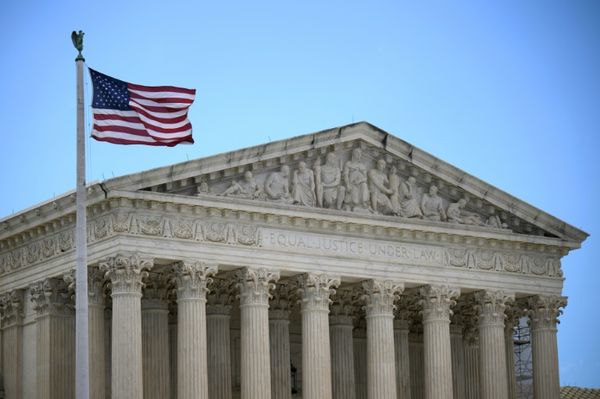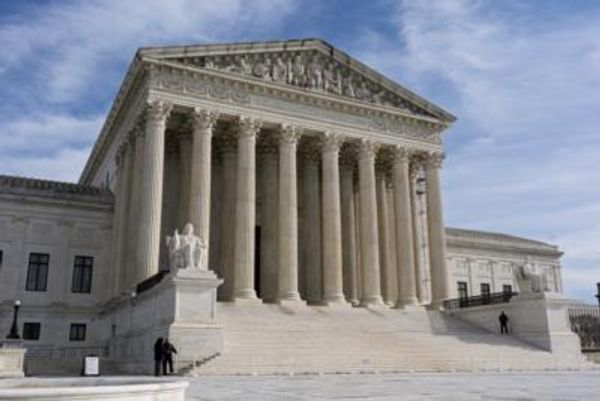
The COVID-19 pandemic, U.S. President Donald Trump’s diagnosis, and the upcoming U.S. election add uncertainty to an already troubled international system. Rising populism, a potential great-power conflict between the United States and China, climate change, large numbers of refugees fleeing violence and poverty, and increasing pressures on globalization are just some of the many challenges facing the world in 2021 and beyond.
Given that background, how do experts see international relations evolving over the next five years? To find out, the Teaching, Research, and International Policy project at the College of William & Mary, in collaboration with the Niehaus Center for Globalization and Governance at Princeton University, surveyed international relations scholars at U.S. and European universities this August.
The experts are generally pessimistic about global trends over the next five years, predicting declines in the number of democracies and opportunities for trade and investment, and dramatic increases in civil wars, human rights abuses, and collapsing state institutions.
At the same time, the gloominess of their predictions depends on how likely scholars think it is that Trump will be reelected as president in November. Experts who predict a Trump reelection also believe that war with China is more realistic, that the United States is considerably more likely to withdraw from the World Trade Organization (WTO), and that it will be much more difficult for immigrants to enter the United States.
By contrast, beliefs about when the COVID-19 pandemic will end barely affect how scholars think the system will evolve over the next five years. Coronavirus optimists and coronavirus pessimists make similar predictions about the future of war, globalization, democracy, and immigration.
Overall, the survey results suggest, the experts believe that shocks to the international system may come and go, but a stable global order will be the product of political choices. And if the American people choose Trump again, these experts believe that he will make choices that threaten the existing order, increase the prospects for mass violence, and increase the cost of international commerce.
We asked international relations scholars to look into the future and forecast what the world will look like in 2025 compared to 2019 on a range of important outcomes. For example, one question asked: “According to V-Dem, there were 87 democracies in the world at the end of 2019. Do you expect this number will increase or decrease by 2025?” Fifty-seven percent of respondents expected the number of democracies in the world to decrease over the next five years.
Overall, IR scholars are gloomy about global outcomes in the next few years, although their pessimism varies by issue, with civil and political liberties, democracy, and state failure cause for more concern than trends in the number of civil wars and terrorist incidents. In other words, the experts are very pessimistic about the future of liberalism and political stability but not as pessimistic about the prospects for increasing mass violence.
Another set of questions asked scholars to predict the likelihood of a series of events happening over the next five years. Given the upcoming U.S. election, opinions about future U.S. foreign-policy behavior were of particular interest.
Trump has pursued an aggressive policy toward China on trade and other issues, including the COVID-19 pandemic. In his speech to the United Nations General Assembly, for example, he called the coronavirus “the China virus” and stated, “The United Nations must hold China accountable for their actions.” Scholars have long worried that Beijing’s rising power might result in a war between the United States and China, and those who give Trump the highest chance of winning next month’s presidential election are also most likely to expect war with China in the coming years.
All respondents were asked how likely (on a scale of 0-100) Trump is to be reelected as president. About half of scholars gave him a 20-40 percent chance, which is close to several forecasts based on public opinion data. Yet almost 30 percent of scholars think his election prospects are between 40 and 60 percent. A small group (less than 10 percent) believe that his chances are greater than 60 percent, while a similar size group think that Trump’s reelection chances are less than 20 percent.
The experts were then asked how likely war between the United States and China is in the next five years. The results are striking. The group that puts Trump’s reelection chances highest believes war is about twice as likely as the group that puts his chances lowest.
There were similar effects for predictions about future wars between the United States and unspecified other countries. Moreover, the higher they rate Trump’s election prospects, the higher scholars think U.S. military expenditures will be five years from now.
But scholars who think it is more likely that Trump will win reelection do not, on average, forecast more civil wars, fragile states, or terrorism. So, they are not gloomier overall. Instead, they reserve their fears for those outcomes that Trump is most likely to influence directly. Similarly, scholars who were more pessimistic about the duration of the pandemic were no more or less likely to be pessimistic about war and peace in the coming years.
The Trump administration has had an antagonistic relationship not only with countries like China but also with organizations like the WTO, which is the anchor of the global trading system. It is perhaps not surprising, then, that experts believe that the United States is much more likely to leave the WTO over the next five years if they also believe that Trump will win the upcoming election. The differences are large and significant. Scholars who believe that Trump has a 40 percent or better chance of winning reelection also think that there is a 1-in-3 chance the United States will leave the WTO. Meanwhile, less than 1 in 5 scholars who think Trump’s chances of winning are smaller than 40 percent believe the United States will leave the WTO.
Scholars who think Trump is more likely to win also thought it a bit more likely that an OECD country will default on its debt in the next five years, that reliance on global supply chains will be reduced, and that the dollar would lose some stature as a global reserve currency. There was no difference, however, in perceptions of the future importance of the World Bank and IMF (two international organizations that have not received as much ire from the Trump administration as many others have during the previous four years). As on security issues, COVID-19 optimism or pessimism does not seem to affect predictions about globalization or economic governance over the next five years.
Another election issue is immigration, and here there are large differences in how U.S. scholars see the future of immigration depending on their beliefs about Trump’s electoral prospects. These large differences persist across opinions about high-skill immigration, low-skill immigration, and student visas, although, overall, scholars are more optimistic about high-skill immigration.
International relations scholars are sometimes hesitant to put too much emphasis on individual leadership as an explanation for outcomes in international affairs, but our findings suggest that their predictions about what the world will look like depend considerably on who they think will emerge victorious in the November election. This does not seem to reflect an underlying propensity for gloom and doom; rather, scholars clearly differentiate issues where the Trump administration has signaled its intent (the WTO, immigration, China) from those that are less directly associated with Trump, like the IMF, democratization, and civil wars.
In short, who will be president after November matters to the future of the global order, according to the experts, even if the current pandemic does not. Individual leaders make choices that shape the international system, but these international relations experts don’t believe that Trump will make decisions that help build a stable order.







